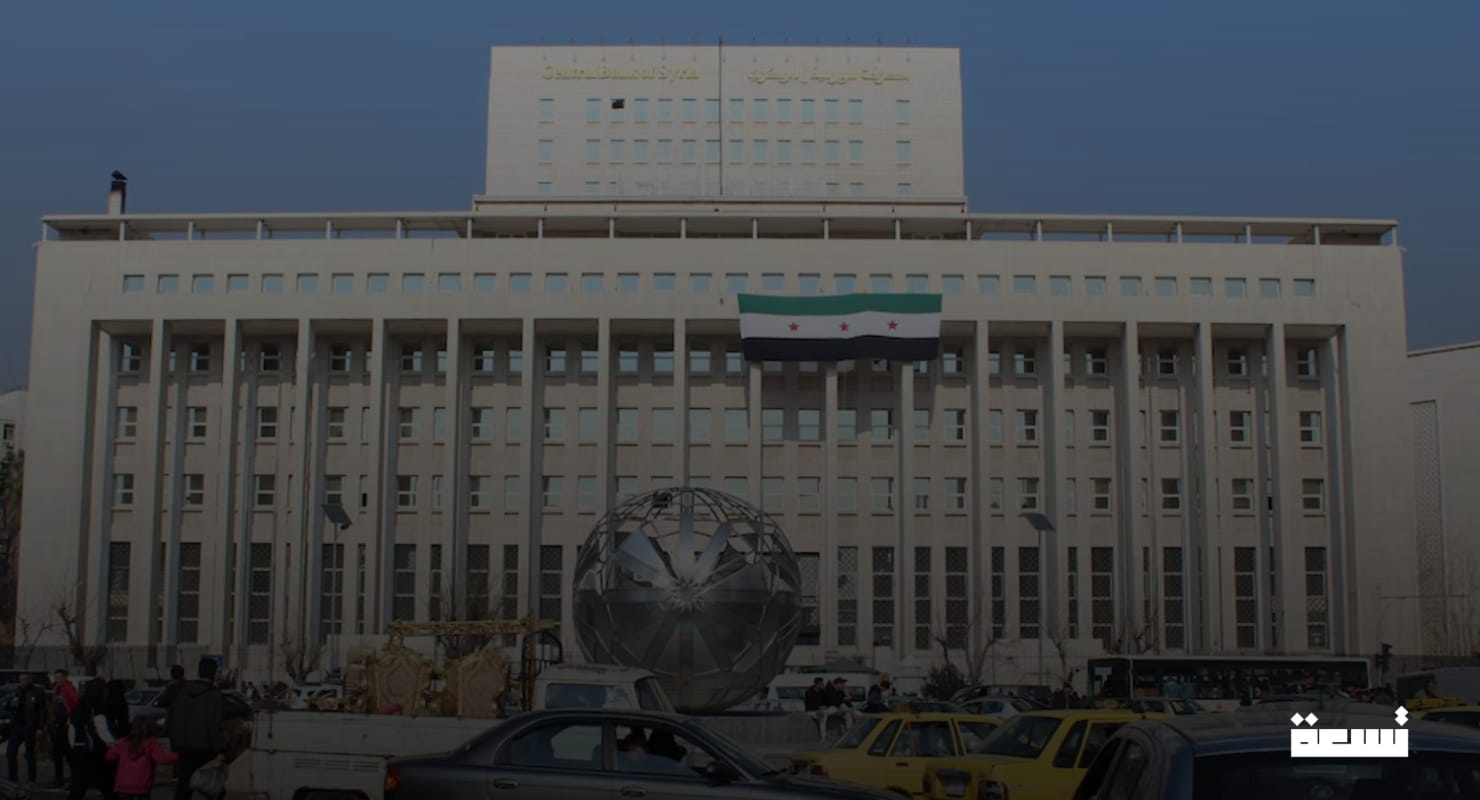Dozens of orders from European, Gulf, and Turkish investors... and financial sanctions are hindering.

The head of the Investment Authority in Syria, Ayman Hamouie, stated that he "receives dozens of requests daily from businessmen, Syrians, Turks, Gulf nationals, as well as Europeans, to implement projects including building hospitals, establishing wind power stations, and developing real estate."
He further mentioned, as reported by Reuters, that Western sanctions imposed on the Syrian banking sector are hindering vital investments, despite the increasing interest from Syrians and foreigners in investing since the fall of the ousted Syrian regime.
He pointed out that "the sanctions have led to a halt in everything, and they fundamentally impact the Syrian people, increasing their suffering."
Hamouie considered that "the steps taken so far regarding the sanctions are insufficient," noting that "it is in everyone's interest for these transactions to go through a banking system that is subject to supervision and transparency instead of unofficial transfer networks."
Last January, the United States issued exemptions aimed at facilitating the entry of humanitarian aid into Syria for 6 months, including ensuring that sanctions do not hinder essential services and their continuity throughout Syria, including providing electricity, energy, water, and sanitation.
Similarly, the European Union, on the 27th of the same month, approved a roadmap to ease sanctions after the fall of the Assad regime in December 8, 2024, which may include measures related to the banking sector, according to European diplomats.
The current European sanctions include a ban on Syrian oil imports and freezing any assets of the Syrian Central Bank in Europe.
Officials in the new Syrian administration, as well as officials from Arab and Western countries, emphasize the necessity of lifting sanctions on Syria to drive the economy, development, reconstruction, and alleviate the burden on the Syrian people, a topic dominating current political discussions on Syria.